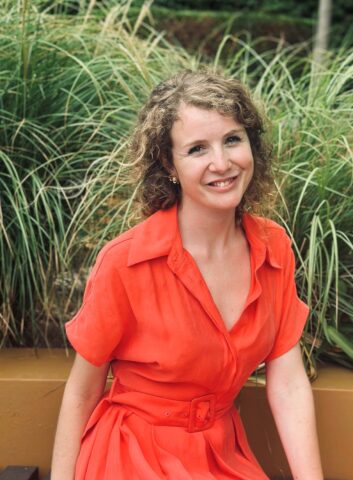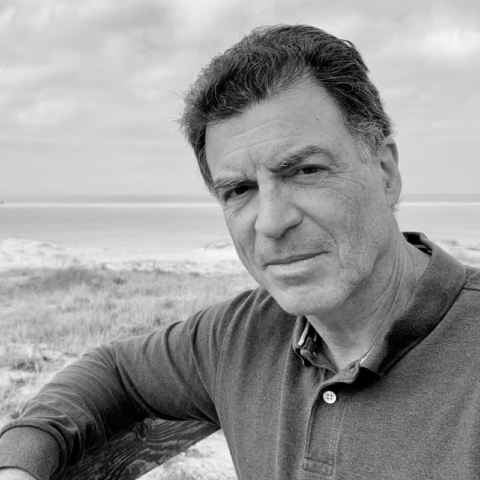Panel brings together distinct voices to reflect on Gibraltar’s poetry
A special panel will bring together distinct poetic voices to reflect on Gibraltar’s poetry and its dialogue with the wider world. In today’s edition Giordano Durante, poet and co-founder of Patuka Press, Tessa Rosado Standen, whose work weaves together the philosophical and the practical, and Trino Cruz, poet, translator and cultural collaborator, discuss local poetry ahead of their panel at the Gibraltar Literary Festival.



What do you think about Gibraltar’s poetry and its dialogue with the wider world?
Giordano Durante
Gibraltar’s poetry is going through a very exciting phase. We have established writers like Jackie Anderson, Gabriel Moreno and Jonathan Teuma who are busy writing, publishing and performing works that, in their different ways, capture the experience of being from Gibraltar. These writers have also become more linguistically adventurous and are writing works that reflect our hybrid identity. For example, Gabriel is writing a series of sonnets in Llanito that will be out next year.
There are also newer voices emerging like Naomi Duarte who is writing movingly about nostalgia and memory. Regular open mic events are also driving a surge in activity and exposure.
Gibraltar’s poetry has reached a wider audience during the annual academic conferences hosted in Cambridge, Vigo and, just a few months ago, in Basel too. Foreign academics are increasingly interested in local writing and the online availability of books has made it easier for experts in the field to study Gibraltar’s poetry and share it with their students. They seem to be fascinated by how local writers explore identity, language and borderlands in their work.
Tessa Rosado
Our poetry — like all our art and literature — is a reflection of our mosaic society, shaped by the many layers of voices and stories that make it up. As a collective, “Gibraltarian” poetry is, in many ways, a product of living in liminality: of occupying an in-between space, linguistically and historically, as we navigate porous borders and the complexities of identity, past, present, and future.
This sense of in-betweenness gives our poetry both its intimacy and its universality. Themes of belonging, memory, and transformation run deep — perhaps ringing louder in a community that constantly negotiates its place between nations, languages, and narratives. Yet in that, we find kinship with other small communities around the world, whose writers also turn their gaze inward to speak outward.
Gibraltarian poetry, then, is not insular but connective and centrifugal — a dialogue between shores. It carries the rhythm of the Rock and the cadence of the sea, inviting the world to listen to a voice that is, at once, distinctly ours and quietly global.
Trino Cruz
Being part of the global creative community, writers from Gibraltar have fewer barriers today than in the past. I would dare say that our creative dialogue with the wider world is gaining momentum. Our interconnectedness, individually and collectively, with rest of the world, is very real in all fields, commercial as well as creative.
Our historic relative isolation as a creative hub is progressively being eroded and there is also increasing outside interest in what we are writing in Gibraltar. I believe that these factors may also be encouraging writers to express themselves and publish, knowing that there is an interested audience out there, in our own community as well as beyond.
In my case, the awareness of the powerful ecosystem and defining geography which sets our scene, combined with the rich human reality of our Strait region, creating a diverse transnational community of which we are an active part, is an important driver and motivator, which I believe makes our own contribution particularly meaningful.
There is also a great diversity of poetic and literary voices in our community, each articulating and communicating very personal experiences and perspectives, which no doubt adds to the value of our collective literary activity and the interest it is generating.









